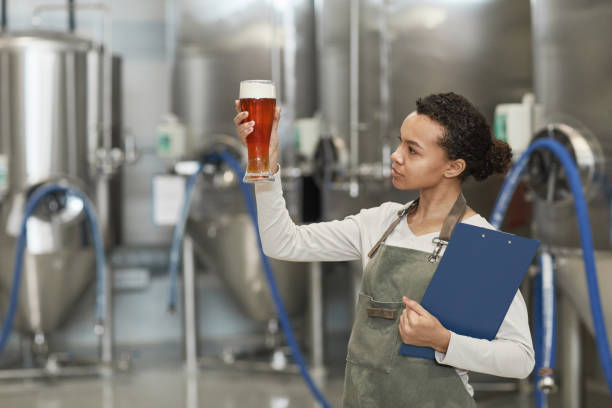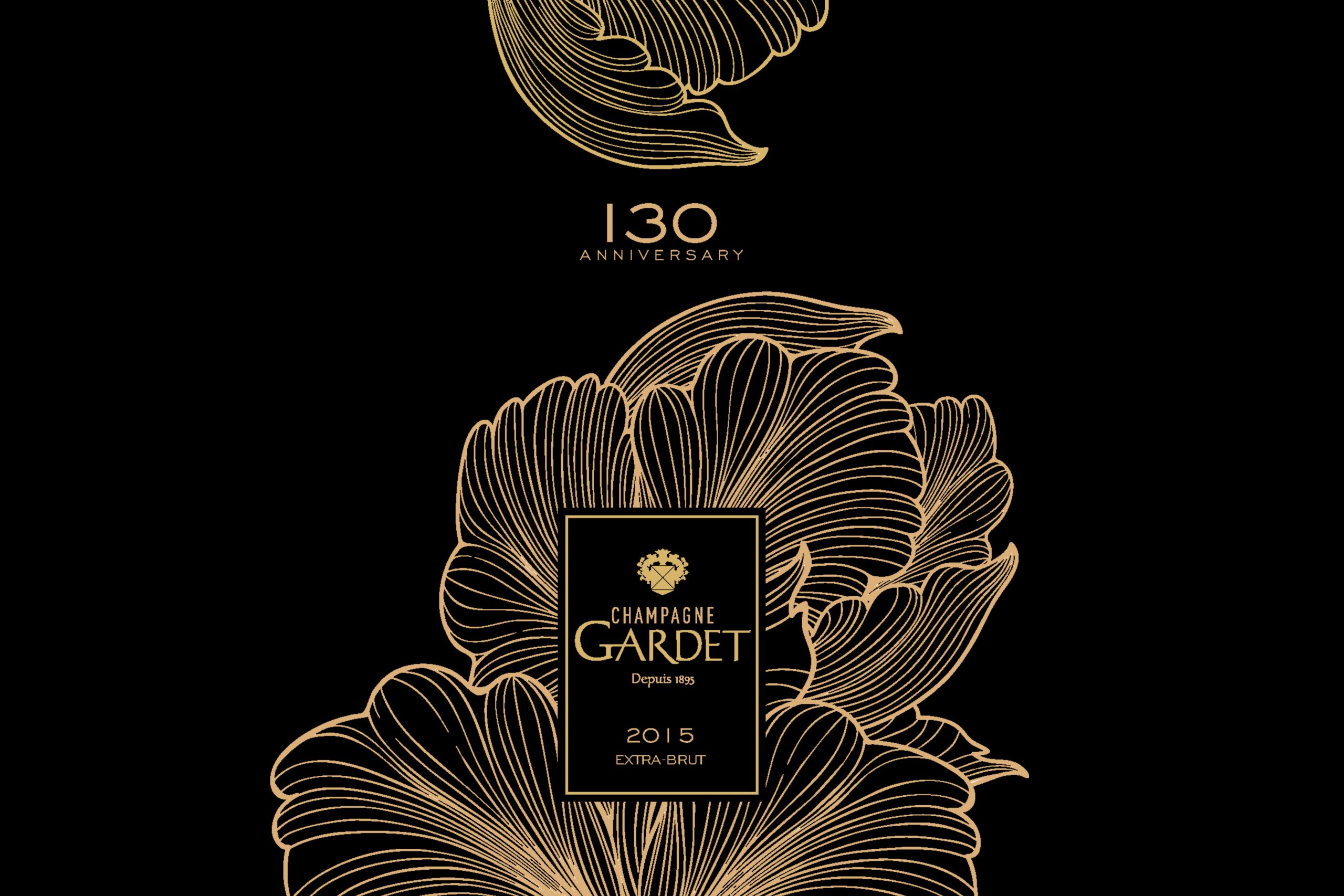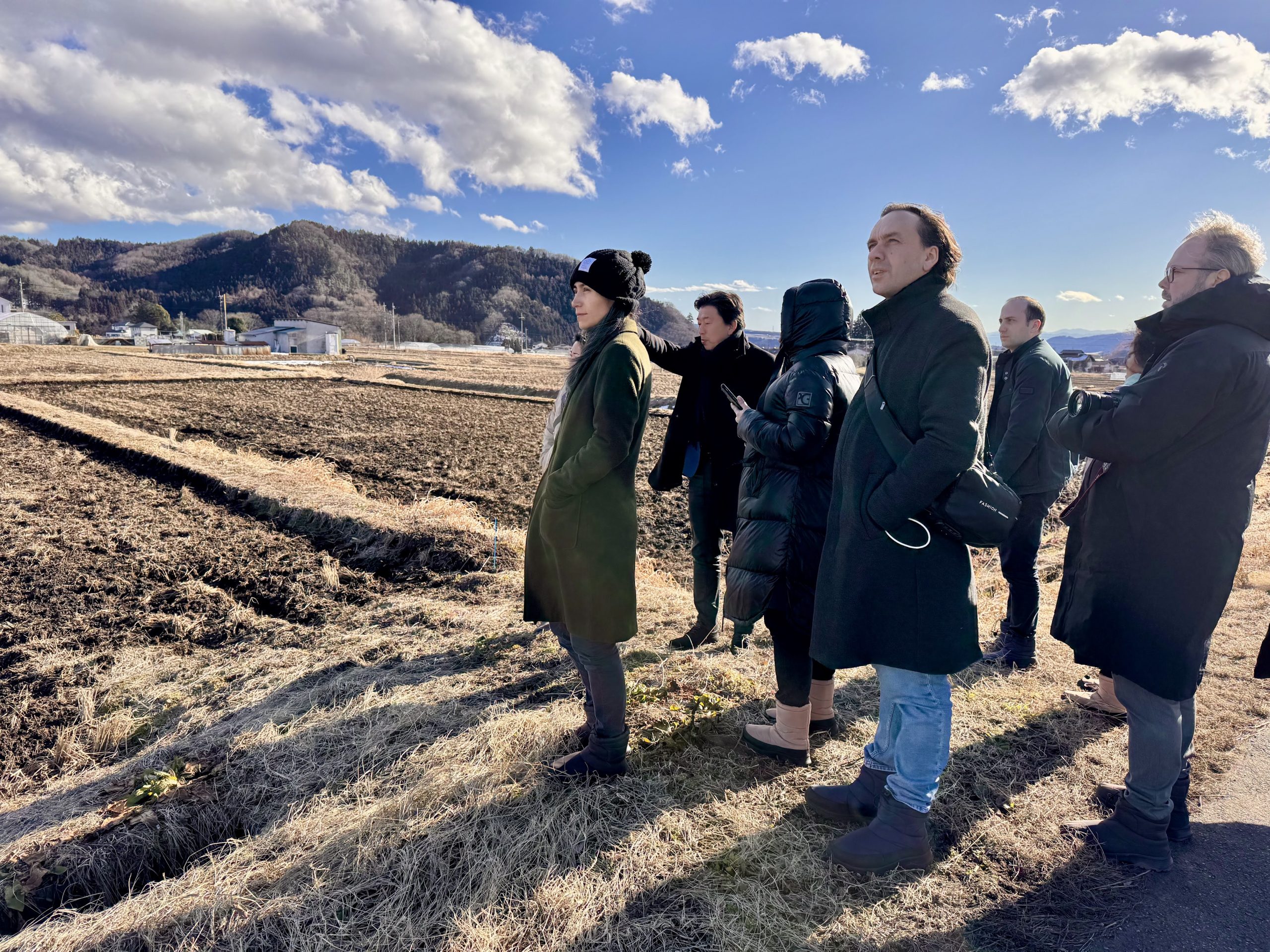Will this course raise the quality of low and no alcohol beers?
By Jessica MasonA course teaching how to produce “excellent” no and low alcohol beers has been launched by the Institute of Brewing & Distilling (IBD).

The technical course has been developed in collaboration with leading brewers, brewing consultants, yeast suppliers and manufacturers of dealcoholisation equipment.
According to the IBD, the course is aimed at “brewers working in breweries of all sizes who want to produce excellent no and low alcohol products safely, at minimum cost and in compliance with regulations”.
IBD CEO Tom Shelston said: “Launching our no and low alcohol beer production course is a strategic and complementary addition to our growing portfolio of qualifications and courses. It will become an important part of the IBD’s growing educational offering which continues to reflect how the drinks industry is evolving to meet shifting market needs.”
IBD technical and development manager, Stuart Howe, explained: “This is the first course ever that provides in-depth scientific and technical information about no and low alcohol beer production. It is written in collaboration with experts in the field and with the rigor and accuracy that you expect from the IBD.”
Partner Content
Howe added: “If you are serious about realising the potential of your brewery to make the most of the growth of no and low alcohol beer, you should sign up to take this course.”
One of the elements that the course tackles is overcoming the key hurdles to microbiological contamination, a factor which raised concerns recently following a scientific study suggesting non-alcoholic beer could potentially be far more susceptible to bacterial growth than low-alcoholic beer.
The course will also address the legal classifications of low and non-alcoholic beers, nutritional information, different mashing profiles and yeast types, the main flavour compounds to control as well as calculations for processing, dilution and flavouring along with all of the options for dealcoholisation.
The British government has recently been seeking views on whether to raise the threshold for describing a drink as “alcohol free” to 0.5% ABV. The threshold in the UK for “alcohol free” labelling is currently 0.05%. However raising the threshold to 0.5% ABV would put Britain in line with countries including the US, Denmark, Germany, Australia, Sweden, Portugal, and Belgium.
Speaking about the rising popularity of low and no alcohol beverages, public health minister Neil O’Brien said: “No and low alcohol drinks are getting more and more popular, and we are looking to further support their growth. We want to encourage the growth of no and low alcohol alternatives for those looking to moderate their alcohol intake.”
Related news
1664 Bière makes ‘significant turning point’




